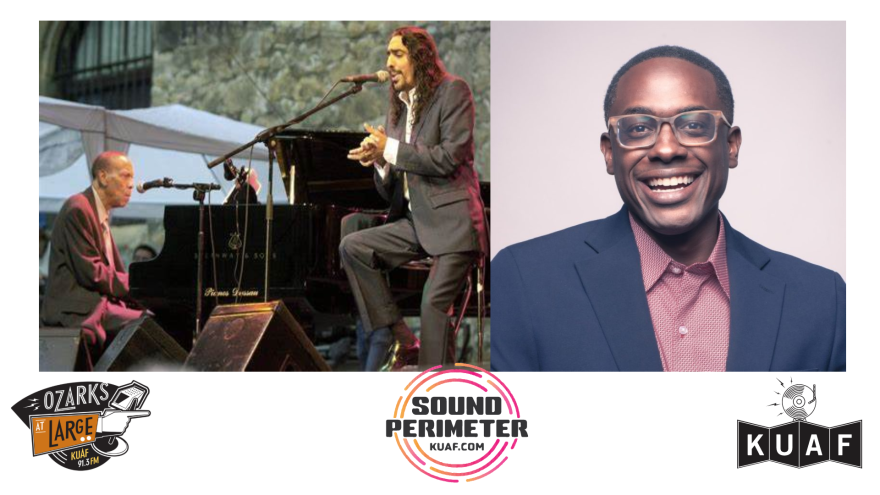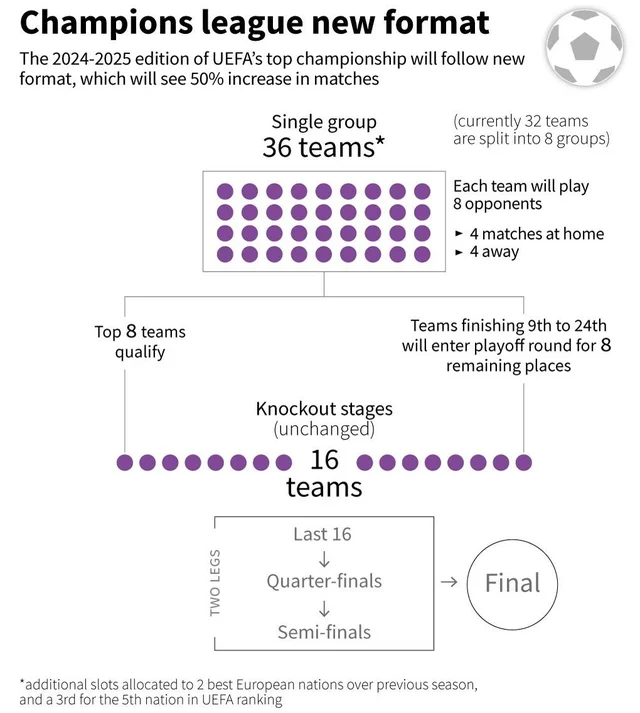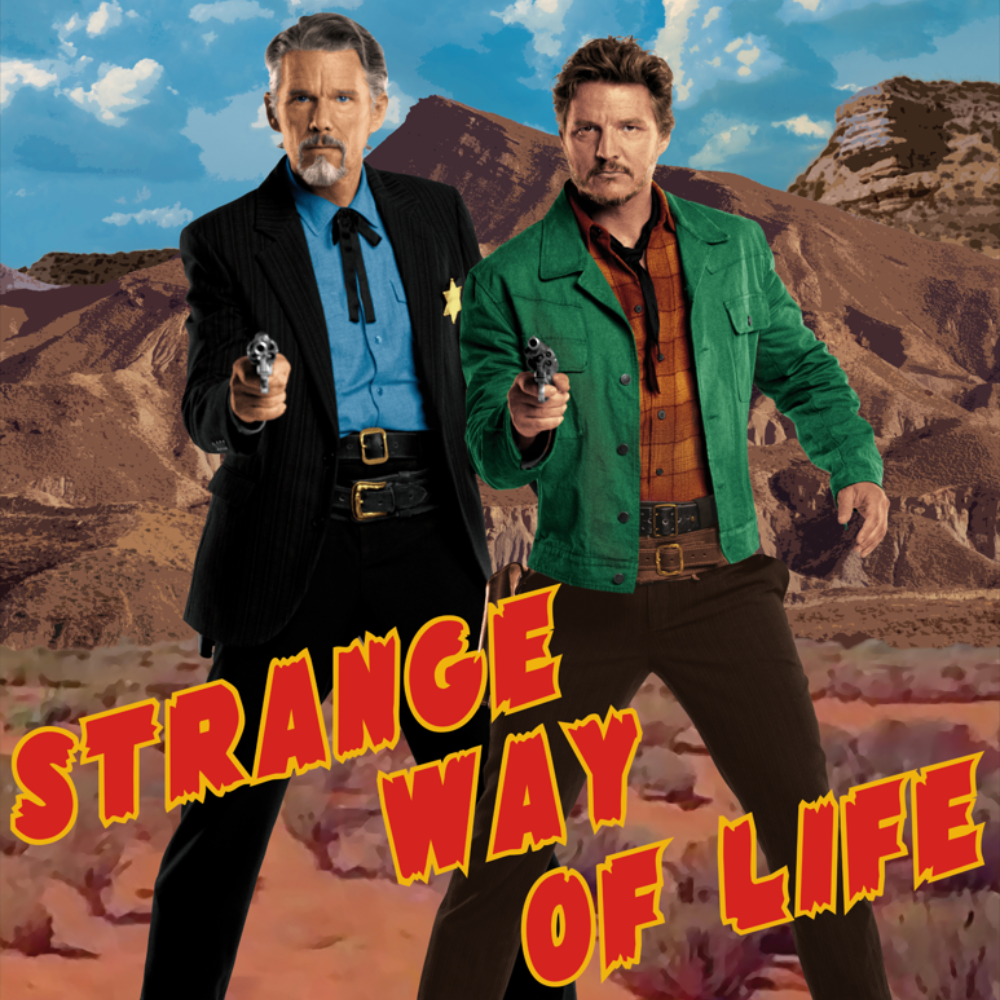Sound Perimeter: How Music Connects Us

Table of Contents
The Universal Language of Music
Music's ability to connect us is perhaps most evident in its capacity to transcend linguistic barriers. It speaks a language understood across cultures and generations, creating a shared emotional experience irrespective of spoken words.
Transcending Linguistic Barriers
- Instrumental music: Even without lyrics, instrumental pieces convey a wide range of emotions through melody, harmony, and rhythm. A melancholic melody can evoke sadness universally, while a lively rhythm can inspire joy regardless of language.
- Melodic phrasing and structure: The way melodies rise and fall, the use of repetition and variation, all contribute to a universal understanding of musical expression. These elements are often intuitively grasped, creating an immediate emotional response.
The power of music to bypass language is demonstrated repeatedly in diverse musical traditions. A Japanese koto piece can evoke the same sense of serenity in a listener in Brazil as it does in Japan, highlighting the universality of musical expression's emotional impact. The emotional core of the music overrides the linguistic differences, creating a shared human experience.
Shared Rhythms and Melodic Patterns
Beyond emotional expression, the structures of music themselves often show remarkable similarities across vastly different cultures.
- Prevalence of similar musical structures: Studies in ethnomusicology have revealed surprising similarities in rhythmic patterns and melodic contours found in seemingly unrelated musical traditions. These commonalities suggest an underlying universal aesthetic preference.
- Cross-cultural musical motifs: Certain melodic motifs or rhythmic patterns recur in different musical traditions, hinting at a shared human predisposition towards specific musical structures. The pentatonic scale, for example, appears in folk music across continents.
Some theories even propose a biological basis for our appreciation of certain musical structures, suggesting that our brains are hardwired to respond to particular rhythms and harmonies. This innate understanding contributes significantly to the creation of a universal "sound perimeter" that unites us through music.
Music as a Catalyst for Social Cohesion
Music is not merely a source of personal enjoyment; it also acts as a powerful catalyst for social cohesion, building communities and strengthening social bonds.
Building Communities Through Shared Musical Experiences
- Communal music-making: Singing in a choir, playing in a band, or participating in a music festival creates a profound sense of community. Collective participation in music fosters feelings of belonging and shared identity.
- Religious and cultural celebrations: Music plays a central role in religious ceremonies and cultural celebrations across the globe, reinforcing social cohesion and cultural continuity. From gospel choirs to traditional tribal dances, music unites people in shared ritual and expression.
Group music participation triggers the release of endorphins, creating feelings of euphoria and well-being. This shared experience strengthens social bonds and fosters a sense of collective identity, contributing to the development of vibrant and cohesive communities within the encompassing "sound perimeter".
Music and Social Movements
Music has historically served as a powerful tool for social and political movements, mobilizing people and providing a collective voice for social change.
- Protest songs and anthems: Protest songs and anthems have played a crucial role in movements for civil rights, equality, and social justice. Music provides a potent means of expressing grievances, inspiring hope, and fostering solidarity among participants.
- Music as a voice for marginalized communities: Music empowers marginalized communities to share their stories, challenge oppressive systems, and build solidarity among those experiencing similar struggles.
Music provides a powerful platform for collective expression, allowing individuals to transcend their individual struggles and connect with others who share similar experiences within the powerful "sound perimeter" of collective action and shared purpose.
Music's Impact on Personal Connections
Beyond its role in broader societal cohesion, music significantly impacts our personal relationships, fostering intimacy, strengthening bonds, and enriching our connections with others.
Music as a Shared Identity
- Musical tastes and relationships: Shared musical tastes often form the foundation of friendships and romantic relationships. Discovering a shared love for a particular artist, genre, or musical experience creates a powerful sense of connection.
- Music as a symbol of intimacy: Sharing music with someone creates a sense of intimacy and vulnerability, deepening the emotional bond between individuals. Creating playlists for each other, discovering new artists together, or simply enjoying quiet moments listening to shared favorites strengthen bonds.
Our musical preferences often reflect our personality traits and values, leading to deeper connections with like-minded individuals. The "sound perimeter" of shared musical tastes acts as a filter, attracting people who resonate with our values and creating opportunities for meaningful relationships.
Music and Emotional Bonding
- Music and shared memories: Music powerfully evokes shared emotions and memories, strengthening the bonds between people. A particular song can instantly transport us back to a significant life event, bringing back vivid emotions and shared experiences.
- Music's role in grief and celebration: Music plays a critical role in our responses to both grief and celebration. Shared music during times of loss provides comfort and solidarity, while music amplifies the joy and celebration of life's significant milestones.
The neurological processes associated with music's impact on emotions and memory are well documented. Music triggers the release of neurochemicals that reinforce emotional links, creating powerful and enduring connections between people within the "sound perimeter" of shared experience.
Conclusion
In essence, music's ability to connect us is multifaceted, transcending language barriers, fostering social cohesion, and enhancing personal relationships. It creates a powerful sound perimeter around us, shaping our communities, strengthening our bonds, and enriching our lives. From the universal language of melody to the shared experiences of communal music-making, music plays an integral role in weaving the fabric of human connection.
Let's continue exploring the profound impact of the sound perimeter, celebrating the remarkable power of music to connect us all. Consider the role of music in your own life; reflect on how you connect with others through shared musical experiences, and continue to discover the enriching power of this universal language. Further exploration into this fascinating topic can be found in books like This Is Your Brain on Music by Daniel J. Levitin, or through documentaries exploring diverse musical traditions around the world. Let the sound perimeter continue to resonate, enriching our lives and connecting us all.

Featured Posts
-
 Premier League 2024 25 Champions Images And Highlights
May 21, 2025
Premier League 2024 25 Champions Images And Highlights
May 21, 2025 -
 Quiz Loire Atlantique Testez Vos Connaissances Sur L Histoire La Gastronomie Et La Culture
May 21, 2025
Quiz Loire Atlantique Testez Vos Connaissances Sur L Histoire La Gastronomie Et La Culture
May 21, 2025 -
 The Goldbergs A Complete Guide To The Hit Tv Show
May 21, 2025
The Goldbergs A Complete Guide To The Hit Tv Show
May 21, 2025 -
 Gumball Moves To Hulu And Disney What You Need To Know
May 21, 2025
Gumball Moves To Hulu And Disney What You Need To Know
May 21, 2025 -
 Gumballs World A Sneak Peek At The Weird And Wonderful
May 21, 2025
Gumballs World A Sneak Peek At The Weird And Wonderful
May 21, 2025
Latest Posts
-
 Love Monster Identifying And Overcoming Relationship Challenges
May 21, 2025
Love Monster Identifying And Overcoming Relationship Challenges
May 21, 2025 -
 Plan The Perfect Screen Free Week For Your Family
May 21, 2025
Plan The Perfect Screen Free Week For Your Family
May 21, 2025 -
 A Family Legacy The Traversos At The Cannes Film Festival
May 21, 2025
A Family Legacy The Traversos At The Cannes Film Festival
May 21, 2025 -
 Shes A Love Monster Understanding And Managing Intense Female Emotions In Relationships
May 21, 2025
Shes A Love Monster Understanding And Managing Intense Female Emotions In Relationships
May 21, 2025 -
 Screen Free Week With Kids A Practical Guide
May 21, 2025
Screen Free Week With Kids A Practical Guide
May 21, 2025
